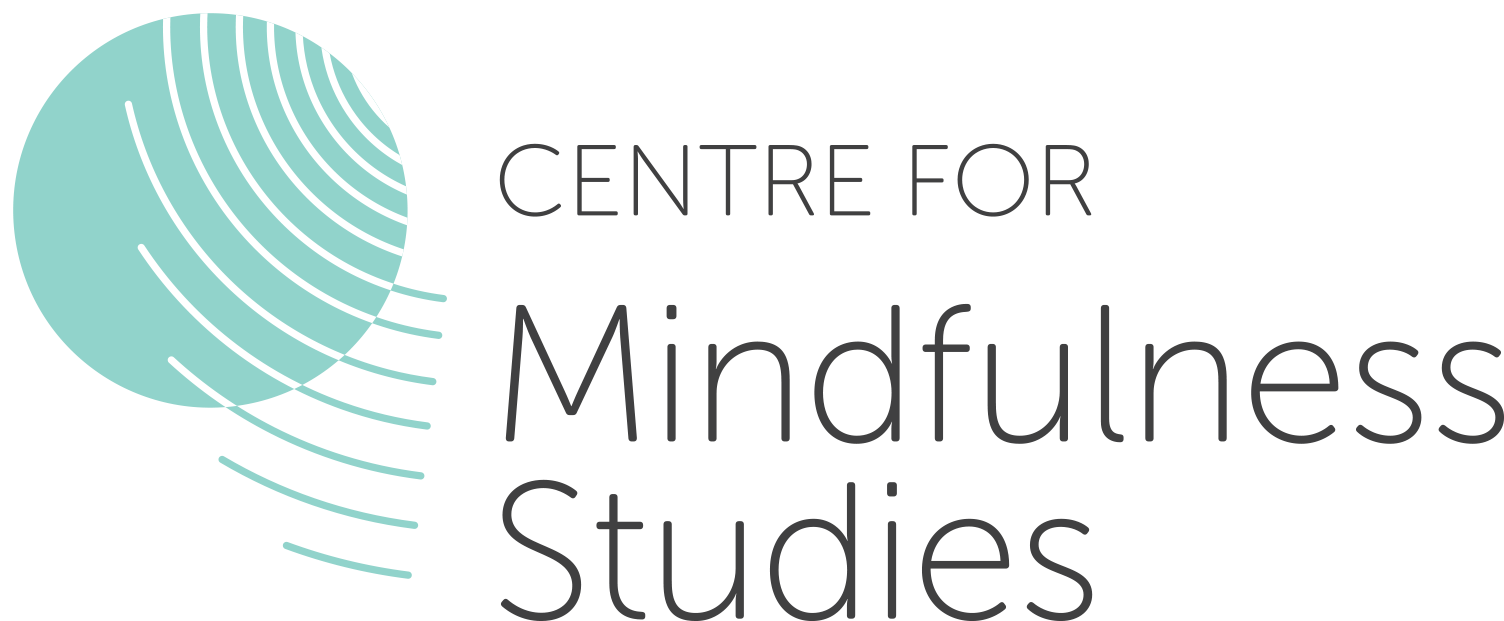Photo by Jeff Suchak.
I lose my keys at least three times a day. I say to myself, “What an idiot.” Sometimes, for a change I might think, “How can I be so stupid?” My habits of self-loathing and internal name-calling are deeply ingrained. I hardly notice how these little cutting remarks create internal wounds that I keep reopening over and over. But then, it is so easy to be unkind to oneself. Would I say these things to a friend? Not within earshot, anyway.
Almost everyone has a tendency to engage in negative self talk and self-blame. Unfortunately, these behaviours increase our pain. Not only do we struggle with difficult emotional and mental states but we also see ourselves as morally impaired or flawed characters in a sad story that is our own fault. We think chastising ourselves will make us pull up our emotional bootstraps. If only it were so easy. Perhaps there is another way.
Paul Gilbert and Kristin Neff are two clinicians who have been working in the area of compassion for self and others and its relationship to psychological health. Initially, I thought that compassion was about syrupy sweet responses to blanket pain or somehow related to positive affirmations or thinking “sunny thoughts.” I’m not very sunny. But actually, it is anything but.
Compassion is about looking deeply into our difficulties, whatever they are. It is about practising mindful listening to ourselves and others without immediately jumping to snap conclusions, criticisms and judgments. It is about meeting suffering with understanding and empathy, accepting it and knowing everyone suffers sooner or later.
In the words of Thich Nhat Hanh, it is “…the recognition and understanding of suffering, your own and others that allows compassion to be born.” Recognizing this universality we begin to see how we are not alone, that we are interconnected by our humanity and all its messiness, joys and sorrows. We are not as different from each other as we imagine.
When we cultivate this “open listening” we can turn toward our struggles finding kinder ways to respond. We don’t need to try to fix, punish or reassure. We can begin by gently holding our pain.
I’m practising saying when I lose my keys, “Where are you little keys, I miss you,” cradling my mindlessness gently. I might follow it with, “What an idiot,” but at least I’m working on cultivating the seeds of self-compassion and starving those of self-degradation.
To learn more, take a look at Kristin Neff’s book, Self Compassion: Stop Beating Yourself Up and Leave Insecurity Behind.


